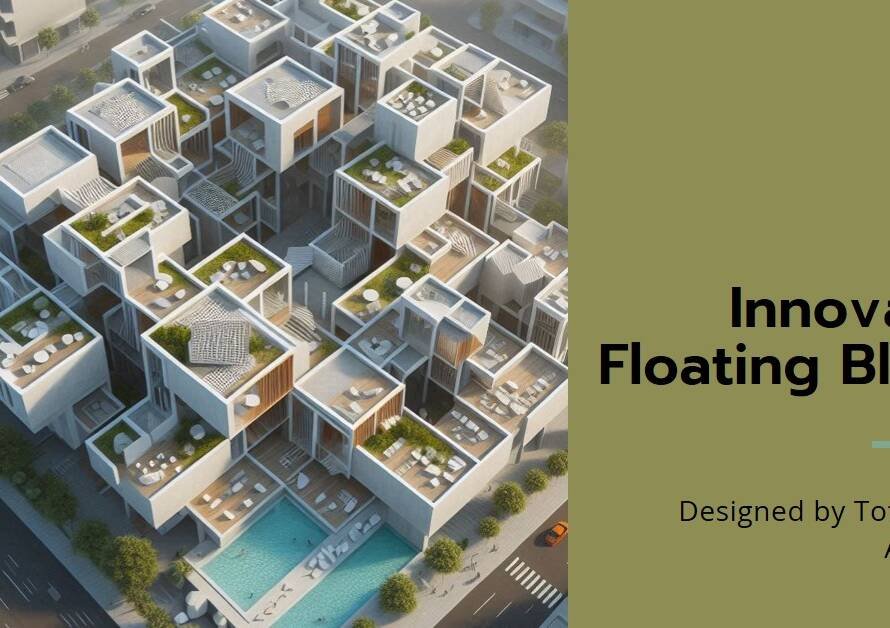
Table of Contents
- Introduction:
- Understanding HVAC Systems: An Overview
- The Mechanics of Heat Pumps:
- Energy Efficiency: A Comparative Analysis
- Climate Considerations: Which System Excels Where?
- Installation and Maintenance: What to Expect
- Environmental Impact: A Green Perspective
- Cost Analysis: Upfront and Long-term Expenses
- Comfort and Convenience: Evaluating Performance
- Making the Right Choice for Your Home:
- Conclusion:
Introduction:
As homeowners strive to achieve the perfect balance of comfort and energy efficiency, the choice between HVAC systems and heat pumps becomes crucial. Each technology has its unique advantages and potential drawbacks, making it essential to understand their characteristics thoroughly before making a decision. In this comprehensive guide, we will delve into the intricacies of both HVAC systems and heat pumps, comparing their features, benefits, and limitations to help you determine which option is best suited for your home.
Understanding HVAC Systems: An Overview
Heating, Ventilation, and Air Conditioning (HVAC) systems are the cornerstone of modern home comfort. These systems are designed to regulate indoor temperature, humidity, and air quality, ensuring a comfortable living environment year-round.
HVAC systems typically consist of a furnace or boiler for heating, an air conditioner for cooling, and a ventilation system to circulate air throughout the home. The integration of these components allows for efficient temperature control, making HVAC systems a popular choice for many homeowners. However, the complexity and cost of installation and maintenance can be significant factors to consider.
The Mechanics of Heat Pumps:
Heat pumps are a versatile and energy-efficient alternative to traditional HVAC systems. Unlike furnaces and air conditioners that generate heat or cool air, heat pumps transfer heat from one place to another. During the winter, heat pumps extract heat from the outdoor air or ground and transfer it indoors. In the summer, the process is reversed, with heat being transferred from inside the home to the outside.
This ability to both heat and cool a home makes heat pumps a highly efficient option. However, their performance can be affected by extreme temperatures, which may limit their effectiveness in certain climates.
Energy Efficiency: A Comparative Analysis
When it comes to energy efficiency, heat pumps generally have the upper hand over traditional HVAC systems. Heat pumps can achieve efficiencies of up to 300%, meaning they can produce three units of heat for every unit of electricity consumed. This is because they move heat rather than generate it, which requires less energy.
On the other hand, HVAC systems, particularly those relying on electric resistance heating, can be less efficient. Furnaces and boilers typically operate at efficiencies ranging from 80% to 98%, depending on the model and fuel type. While modern HVAC systems have improved in efficiency, they often cannot match the high efficiency rates of heat pumps.
Climate Considerations: Which System Excels Where?
Climate plays a significant role in determining whether an HVAC system or heat pump is more suitable for your home. Heat pumps are most effective in moderate climates, where temperatures do not frequently drop below freezing. In such conditions, they can provide efficient heating and cooling throughout the year.
However, in colder climates, heat pumps may struggle to extract sufficient heat from the outdoor air, leading to increased reliance on supplemental heating sources. In these regions, traditional HVAC systems, particularly those using gas or oil furnaces, may offer more reliable heating performance during the winter months.
Installation and Maintenance: What to Expect
The installation and maintenance requirements of HVAC systems and heat pumps can differ significantly. HVAC systems often require a more complex installation process, involving separate components for heating, cooling, and ventilation. This can result in higher upfront costs and longer installation times.
Heat pumps, being more compact and integrated, typically have a simpler installation process. However, the initial cost of a heat pump can still be substantial, especially for ground-source models. Maintenance for both systems is crucial to ensure optimal performance, but heat pumps generally require less frequent servicing due to their simpler operation.
Environmental Impact: A Green Perspective
In today’s environmentally conscious world, the ecological footprint of home heating and cooling systems is an important consideration. Heat pumps are often lauded for their environmental benefits, as they produce fewer greenhouse gas emissions compared to fossil fuel-based HVAC systems. This is particularly true for air-source and ground-source heat pumps, which rely on renewable energy sources.
Conversely, HVAC systems that use natural gas, oil, or electricity generated from fossil fuels can contribute significantly to carbon emissions. While advancements in HVAC technology have led to more energy-efficient models, the overall environmental impact of these systems is typically higher than that of heat pumps.


Cost Analysis: Upfront and Long-term Expenses
Cost is a critical factor in deciding between an HVAC system and a heat pump. HVAC systems often have lower upfront costs compared to heat pumps, making them an attractive option for budget-conscious homeowners. However, the long-term operational costs can be higher due to lower energy efficiency and higher fuel consumption.
Heat pumps, while more expensive to install initially, can offer significant savings over time due to their high efficiency and lower energy consumption. Additionally, many regions offer incentives and rebates for the installation of energy-efficient heat pumps, which can help offset the initial investment.
Comfort and Convenience: Evaluating Performance
When it comes to comfort, both HVAC systems and heat pumps have their strengths. HVAC systems, with their robust heating and cooling capabilities, can provide consistent indoor temperatures even during extreme weather conditions. This reliability is particularly important in regions with harsh winters or scorching summers.
Heat pumps, on the other hand, offer the convenience of a single system for both heating and cooling. Their ability to maintain a steady indoor temperature with minimal energy consumption makes them an attractive option for many homeowners. However, their performance can be less consistent in extremely cold climates, which may necessitate the use of supplemental heating.
Making the Right Choice for Your Home:
Ultimately, the decision between an HVAC system and a heat pump depends on various factors, including climate, energy efficiency goals, budget, and personal preferences. Homeowners in moderate climates may find heat pumps to be the ideal solution, offering both energy efficiency and environmental benefits. In contrast, those in colder regions might prefer the reliability and performance of traditional HVAC systems.
Before making a decision, it is essential to consult with a professional HVAC contractor who can assess your specific needs and recommend the most suitable system for your home. By considering all the factors outlined in this guide, you can make an informed choice that enhances your home’s comfort and energy efficiency.
Conclusion:
In conclusion, both HVAC systems and heat pumps have their unique advantages and potential drawbacks. By understanding their differences and evaluating your specific requirements, you can select the system that best meets your needs and provides optimal comfort for your home.


